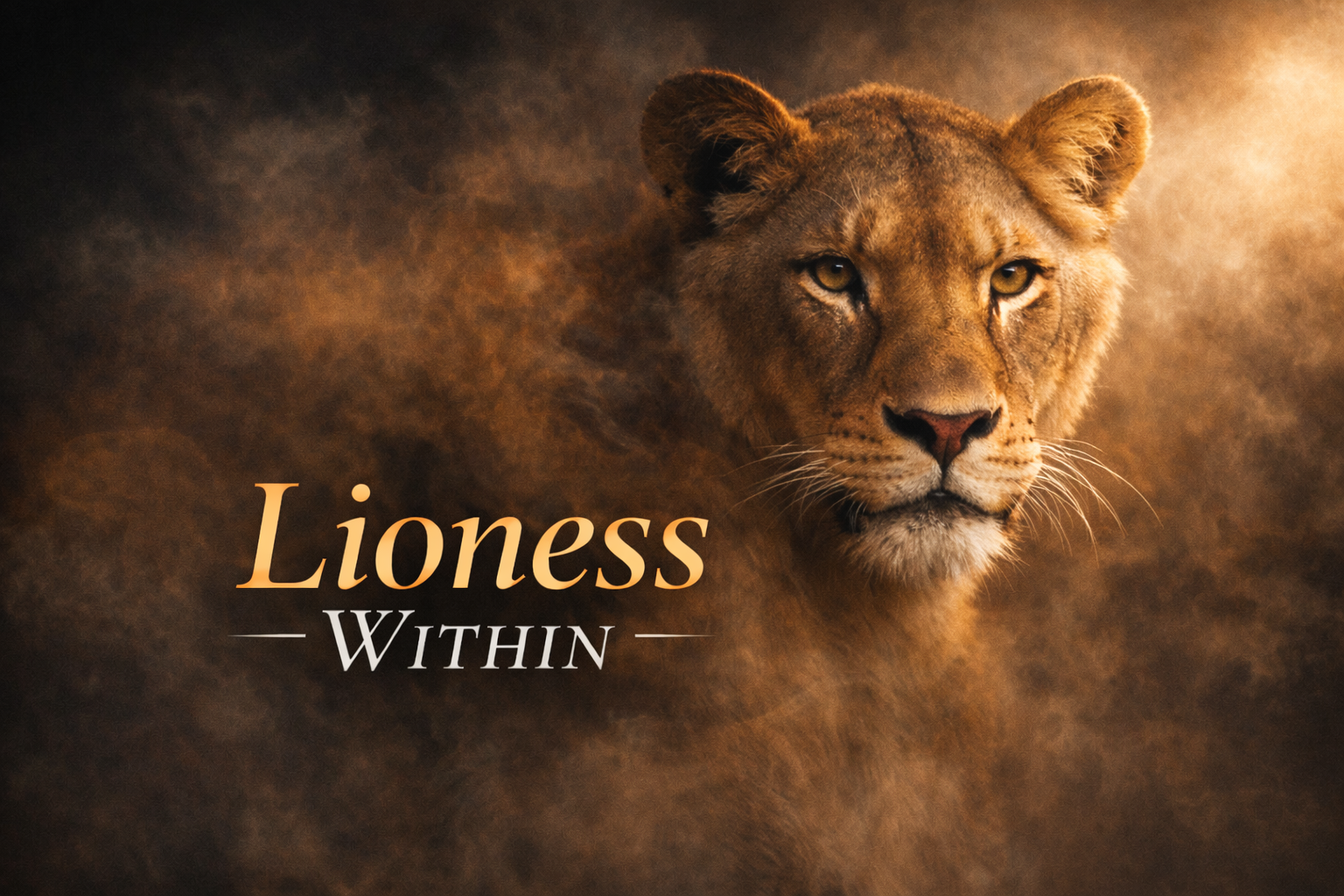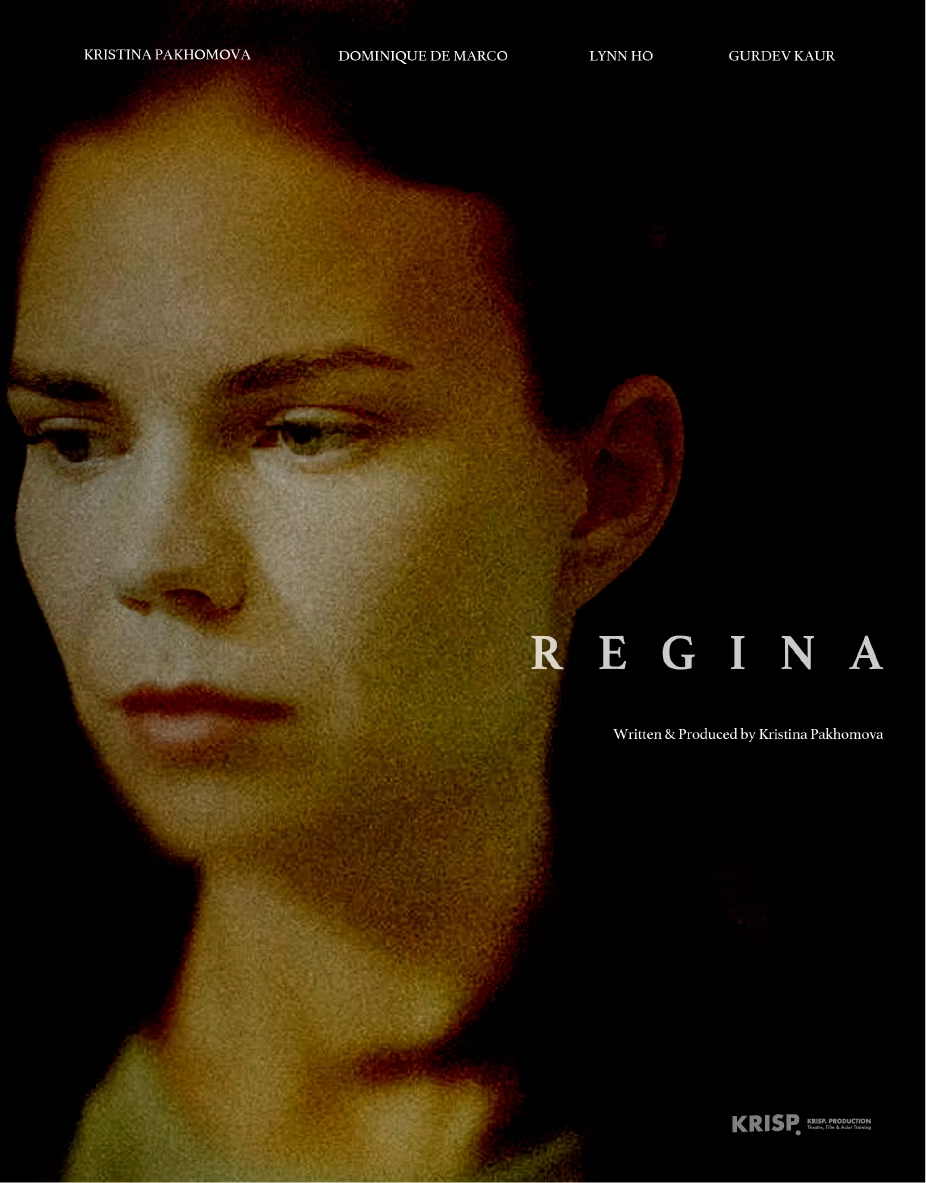Michael Chekhov, the nephew of the renowned Russian playwright Anton Chekhov, was a prominent actor and one of the favorite students of Konstantin Stanislavsky, the father of modern acting.
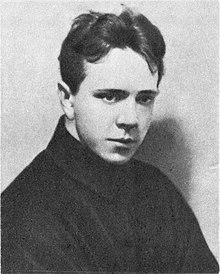
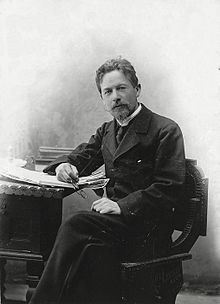
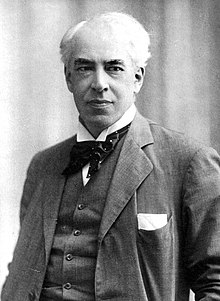
In order – Michael Chekhov, Anton Chekhov, Konstantin Stanislavski.
While Stanislavsky, particularly in the middle of his career, leaned heavily on intellectual processes such as table work and deep analysis, M. Chekhov sought a more dynamic and action-oriented approach. Stanislavsky’s method, known as Psychological Realism, required actors to draw emotions from past experiences, a technique often involving revisiting personal traumas.
- Chekhov found this method emotionally exhausting and, at times, traumatic. For instance, if an actor needed to cry on stage, they would have to repeatedly recall a painful memory, like the death of a loved one. Over time, the emotional potency of that memory would fade, leaving the actor without a reliable source of genuine emotion. This led M. Chekhov to question: What do you do when that sadness wears off? Especially when you need it many, many times, take after take ( if it’s a movie ).
In response, M. Chekhov decided to take a different path. He sought to bypass the psychological burden on actors by avoiding the reliance on personal memories. Instead, he turned his focus to the physical body—how it moves in space and how it can be used as a tool to generate emotion. His approach emphasized sensations and feelings in the moment, allowing actors to recreate emotions repeatedly with spontaneity and intensity.
Chekhov’s method explored how external stimuli can generate real, lived experiences ( emotions ) on stage. Every moment was a new opportunity for him to experience and express emotion.
The Craft of the Actor
An actor’s craft lies in transforming raw feelings into authentic emotions.
- Awareness: Are you aware of the feelings you’re experiencing, and do you know how to access them?
- Presence: Are you truly present in each moment on stage?
As an actor, being in tune with what’s happening within you is crucial. Chekhov’s technique focuses on getting in touch with your sensory organs, heightening your awareness of your body and its responses.
Benefits for Actors:
Explore a Wide Range of Emotions:
- Instead of relying on the most obvious or clichéd choices, this technique helps you uncover a broader palette—finding 10 or more shades of happiness, sadness, anger, and more.
Bypass the Psychological Process:
- This approach focuses on physicality, connecting you directly to your body. You think less and do more, freeing you from having to revisit limiting or traumatic past experiences. Instead, you focus on the stimuli and the sensations they evoke.
Quick and Accessible Emotional Access:
- Chekhov’s technique provides actors with a fast, reliable way to reach the emotional state they need, without overthinking.
Stay Present and Spontaneous:
- The method brings you into the present moment, allowing you to follow your body and instincts. Performances become more spontaneous and less rehearsed, resulting in more authentic and dynamic acting.
Ready to dive deeper into the transformative world of the Chekhov Technique? Whether you’re an aspiring actor seeking to enhance your craft or curious about how these powerful principles can enrich your personal and professional life, there’s a path for you. Actors can explore comprehensive training by visiting Krisp Production’s Chekhov courses for actors If you’re a non-actor eager to harness these techniques for personal growth, check out Krisp Production’s Acting on Camera courses. We also have private classes available.
Begin your journey today and unlock your creative potential!

